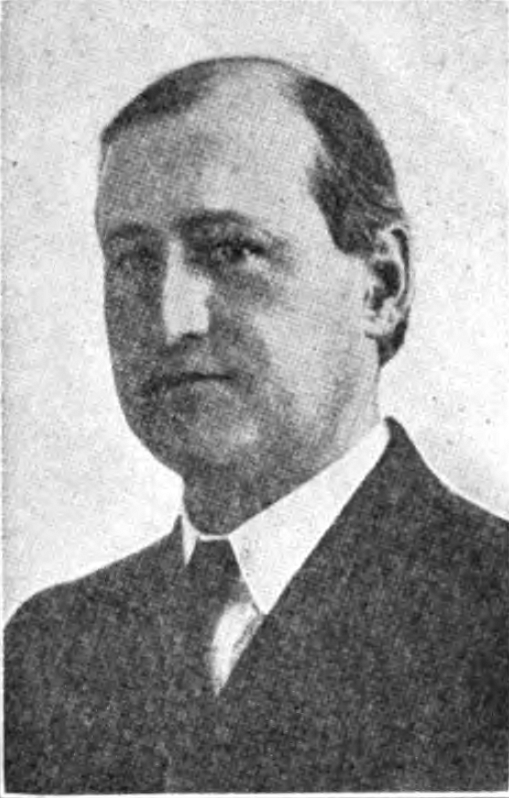In a joint announcement, the deans of the College of Design and the College of Arts and Sciences revealed they have received a $3.5 million pledge to promote collaborations in the closely linked fields of urban design and urban economics.
“Architectural design and economics come together in myriad ways in the built environment,” said Christoph Lindner, dean of the College of Design. “This gift will help the University of Oregon prepare a new generation of professionals to purposefully consider the intertwined impact of both disciplines on urban life.”

“Economic and design thinking are critical to the work of planners and policymakers in shaping the urban environment,” said Bruce Blonigen, interim Tykeson Dean of the College of Arts and Sciences. “We’re grateful to the donor for helping to fulfill this visionary approach.”
Former architecture curriculum head W.R.B. Willcox would be enthusiastic about the vision for this gift, Lindner said. For more than two decades as a UO architecture professor, beginning in the 1920s, he espoused a nationally influential philosophy that architecture and design are a direct expression of a society’s values, aspirations and character.
Willcox had his own firsthand experience with urban design as part of the Bogue Committee, which drafted a city plan for Seattle in 1911.
Willcox was also a proponent of collaboration and interdisciplinarity, values the College of Design emphasizes strongly today. In “History of the Department of Architecture: An Evolution of Ideas,” the 1985 work of Michael J. Clark, a longtime administrative officer in the architecture department, the author wrote:
“Willcox also structured courses to require collaborative efforts by the different disciplines in the school: joint projects between painters, sculptors, architects, metal-workers. In this, he encouraged architects to learn painting from painters; to learn about the nature of metals from sculptors or metalsmithers.”
The Ed Whitelaw Chair in Urban Economics will honor Professor Emeritus Ed Whitelaw, a member of the economics faculty since 1967. Since then, he estimates that he has taught more than 10,000 UO undergraduates.
“This gift honors teaching,” Whitelaw said. “In teaching, I finally learned some economics — and, more important — saw students learn far more than economics.”
He specializes in the economics of cities and regions, labor and poverty, the environment and natural resources, and the economic consequences of policy decisions. His influence extends far beyond the campus through ECONorthwest, the national consulting firm he founded in 1974.
In late 2016, he left EcoNorthwest to found Fion, an independent consultancy for which he serves as principal investigator and testifying economist.
Whitelaw’s clients have included business management and labor unions; conservationists and energy companies; public planning departments and private developers, tribes, and litigation plaintiffs and defendants. As an expert witness, he has testified in matters before state and federal courts and the North American Free Trade Act tribunal.
Since 1974, he has completed economic consulting projects for a range of clients including law firms; businesses; tribes; and local, state and federal governments. He has also testified before administrative, legislative and congressional bodies on a variety of economic issues. He has held positions on state, regional and national advisory boards such as the National Advisory Council for Environmental Policy and Technology, and the Oregon Progress Board.

